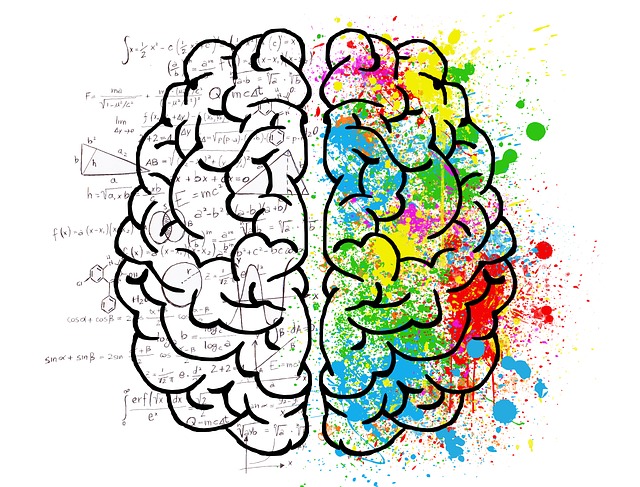Photo by Masha Rostovskaya on Unsplash
You know everyone isn’t focused on you, so why does it feel like it wherever you go?
This odd phenomenon is called the Spotlight Effect. There may be tons of people in the room, millions of things going on around you, and yet you are convinced all eyes are on you! This causes you to feel panicky, totally uncomfortable, and planning your escape. Sometimes you may feel the Spotlight Effect so strongly before even entering a certain situation that you avoid it altogether.
The Spotlight Effect is a thinking distortion that causes you to overestimate the extent to which others notice, judge, and remember your appearance and behavior. You think everyone notices your every faux pas and failure and is judging everything you do and say.
The thing is, everyone experiences this to some degree. But the degree to which you feel it with social anxiety is different than the average person. With social anxiety, the spotlight is felt in a blazing, behavior-changing, self-conscious, judging, and ultimately paralyzing way. Even when you know you’re being irrational and even when you really want it to stop, this self-centered type of thinking overwhelms and persists. And the problem is, when anxiety makes us avoid situations, that anxiety only gets stronger.
Try these three ways to start crushing your Spotlight Effect and stop avoiding situations. You can do these in any order.
If you feel the Spotlight Effect starting and you start thinking of the worst-case scenario happening, ask this simple question. “So?” For example, if you walk into a party and it feels as if all eyes turn judgingly on you and the clothes you’re wearing, ask yourself, “So?” And answer it. Really answer what you are fearing is going to happen. Once you answer that, ask yourself again, “So?” Keep asking and answering “So?” five times.
Another example: if you have a presentation at work and feel your colleagues are thinking you are a total fraud, ask yourself, “So?” Answer it and keep asking “So?” five times.
This one little word may seem too simplistic to use, but it has so much power!
When you feel the Spotlight Effect, chances are you also feel the body’s “fight or flight” response kick in. Some feelings might include racing heart, sweating, face getting hot, shortness of breath, and feeling dizzy.
It is important to address your body’s rush of uncomfortable adrenaline and cortisol by using your breath to tell your brain you are ok. When you feel the effects of the spotlight, start paying attention to your breathing. The goal here is to start to slow your breathing down and deepen it. Make yourself do a longer exhale than inhale. The longer exhale is in charge of putting the “brakes” on your fear and helping you physically calm down.
When you feel paralyzed by thinking everyone is staring at you, talking about you, or thinking the worst of you, label those thoughts false alarms and turn your attention onto something else. It is impossible to reason with your brain when it is in this state, so it is important not to waste your time trying. Label these thoughts false alarms and turn your attention onto something else. Keep labeling and turning your attention until these strong feelings diminish.
And last, make sure you do whatever you are doing or go to wherever you want to go anyway! These three tactics will help you ease the spotlight back onto everyone else











